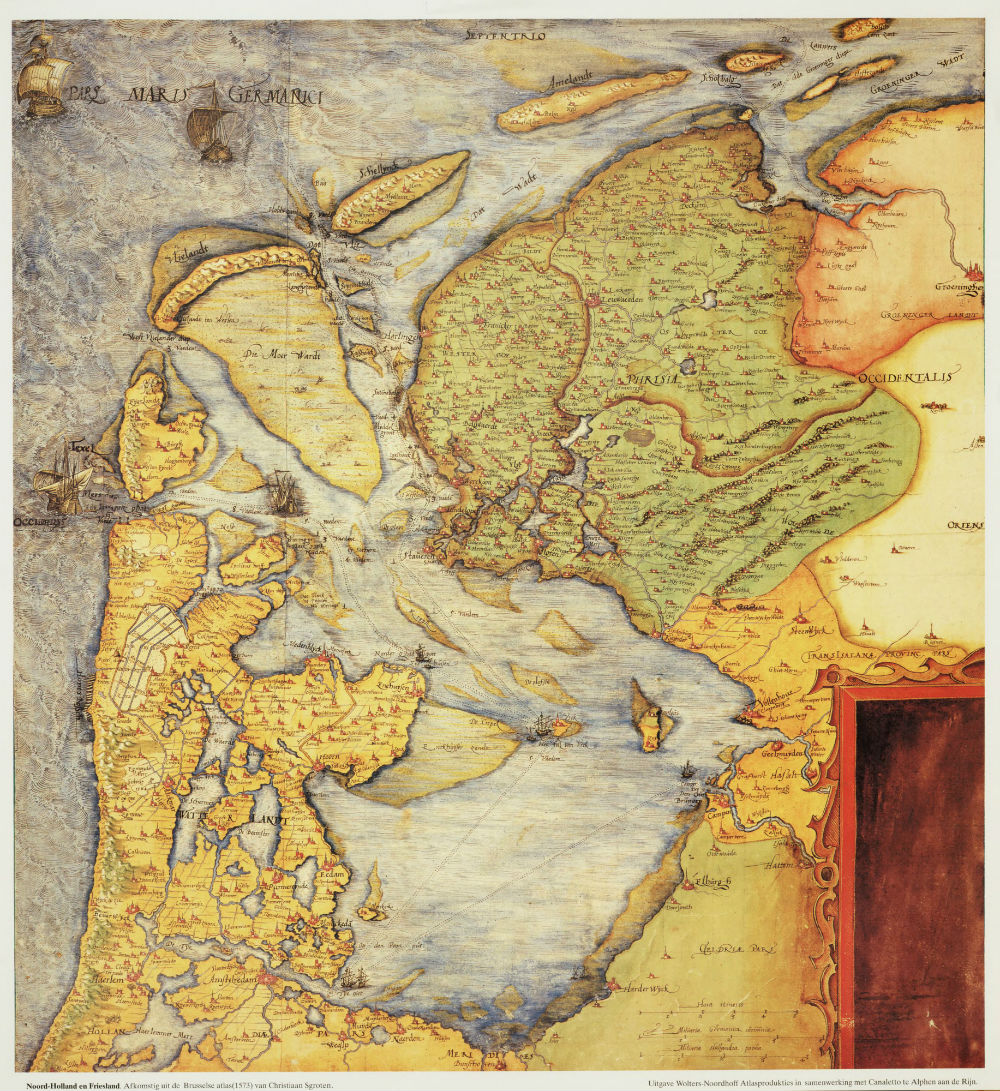This autumn marks a significant moment for readers of German literature and world literature at large, and for anyone interested in the novella genre – the bicentenary of the birth of Theodor Storm (1817–88). The attention of the Anglophone public, however, has traditionally been considerably more caught by Kleist, E.T.A. Hoffmann and Fontane than by Storm, who is only faintly known for Der Schimmelreiter and Immensee, often from remembered school-time reading, but for none of his fifty or so other novellas. Harold Bloom in his book The Western Canon (1994), celebrating the writers and books he sees as forming the ‘western literary tradition’, typically chooses Immensee rather than the more complex mature work as ‘canonical’.
There is of course much more of Storm for the Anglophone public to enjoy, and his minor status in the English-speaking world can be attributed to the lack of adequate translations. Until the end of the twentieth century, none of the English versions of Storm’s novellas conveyed the key characteristics of his fiction – the poetic precision of his prose, the build-up of powerful atmosphere, the deep-rooted settings of the urban and rural life of the North German coastal terrain, which Storm knew so well and wrote of so intimately. In 1996 Denis Jackson, having just retired from Siemens, translated Der Schimmelreiter, and so began his pioneering series of translations of Storm’s short fiction, published by Angel Classics. The series has since grown to six volumes, each consisting of either a single long novella or two or more shorter ones.
A surprisingly large proportion of Denis Jackson’s fourteen chosen novellas are first-time translations into English: Hans and Heinz Kirch, Journey to a Hallig, Paul the Puppeteer, The Village on the Moor, The Last Farmstead, By the Fireside and A Doppelgänger. The only previous English translation of Zur Chronik von Grieshuus dates from 1908 and is not only overly free and error-prone but rendered in a strangely inappropriate style full of deliberate Scotticisms. Denis Jackson’s sixth Storm volume, its publication coinciding with the Storm bicentenary, is a stand-alone devoted to Grieshuus: The Chronicle of a Family, unique in Storm for the breadth and grandeur of its historical setting, the devastating Northern Wars of the seventeenth and eighteenth centuries. All these stories are vintage Storm, and most of them little masterpieces. Together with Jackson’s versions that have seen previous translations, they make up an oeuvre which can surely be placed alongside that of other far better known writers of the same period.
Readers of the novels of Thomas Hardy will find Storm’s writing even more deeply rooted in the locales of his settings. Denis Jackson has thoroughly familiarised himself with each of these on numerous personal expeditions to Storm’s region of North Friesland, to the vast lonely Wattenmeer with its scattered Halligen (low-lying undyked islets); the hushed polders of the North Frisian coast reclaimed from the hostile North Sea and turned into rich pasture; the wild moor outside the picturesque village of Schwabstedt; the Eiderstedt peninsula and its unique Heuberg farmhouses with their towering upper storeys for hay storage; the streets, houses, municipal buildings and harbour of Storm’s home town of Husum, two miles away from the North Sea tidal flats; and the age-old and still vibrantly active churches of the whole region.
Denis Jackson writes in one of his translator’s notes to the reader that ‘in order to translate Storm’s stories adequately, it is necessary to have “been there”‘, in his country, to have a thorough understanding of historical events and associations – often lying behind rather than in his text . . . so that localities can be “seen” as the characters might have seen and experienced them.’ In each of his six selections of Storm’s novellas Jackson offers his absorbing endnotes on the world in which the stories take place, an add-on which has been much appreciated by readers. It is this in-depth knowledge and empathy with Storm’s personal and literary life and with its historical background that gives us something approaching the full force and flavour of Storm’s writing in this translator’s meticulous English renderings.
A reviewer of the volume Hans and Heinz Kirch; with ‘Immensee’ and ‘Journey to a Hallig’ has pointed to ‘the outstanding quality of these translations, which contrive to read like natural English and yet capture beautifully the sense and rhythm of Storm’s German’ (Forum for Modern Language Studies). The volume Paul the Puppeteer; with ‘The Village on the Moor’ and ‘Renate’ was awarded the Oxford-Weidenfeld Translation Prize. Mary Garland, editor of The Oxford Companion to German Literature, wrote to Jackson about his version of Der Schimmelreiter: ‘Translations of the high standard you have achieved are more than ever in demand.’
Denis Jackson’s translation of Der Schimmelreiter, which he entitles The Dykemaster, has already been through several printings. It is to be hoped that his achievement from this story to Grieshuus will fulfil Many Garland’s prediction that his translations will significantly increase Storm’s popularity in the English-speaking world.


